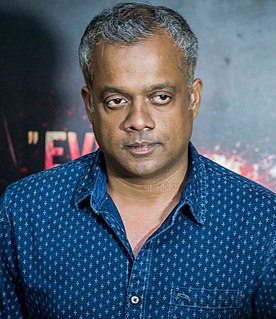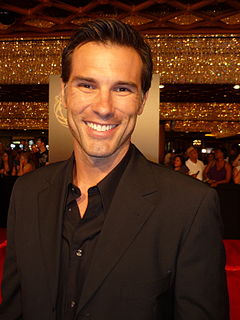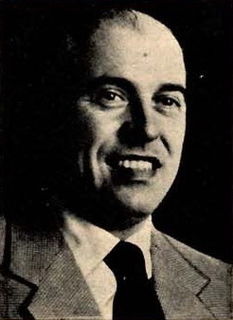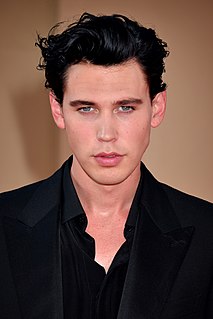A Quote by Terry Zwigoff
I've stopped going to see art films because every critic gives them four stars and say things like 'masterpiece,' 'spellbinding' and 'mesmerizing.' I mean, they're doing that with my film, but I don't want to use those blurbs. Critical reviews aren't worth too much anymore because just about every film can get one or two of them.
Related Quotes
From the very beginning, all of my films have divided the critics. Some have thought them wonderful, and others have found very little good to say. But subsequent critical opinion has always resulted in a very remarkable shift to the favorable. In one instance, the same critic who originally rapped the film has several years later put it on an all-time best list. But of course, the lasting and ultimately most important reputation of a film is not based on reviews, but on what, if anything, people say about it over the years, and on how much affection for it they have.
If you get to bring a little movie on the festival circuit, it's a nice experience because you get to see it with an audience. People who go to festivals to watch films are usually a little more eager to enjoy them. It's exciting because it's like you're going to the film's opening night at every festival.
In a film like 'Kannathil Muthamittal,' I can't have a Rajnikanth or a Kamal Haasan. If you have a star, the expectation of the film is different. So, you cast according to the subject of the film. Some films are best done with stars because it gives you a base on which if you can get the correct performance, you can reach higher.
You also convert real memories, whatever that means, into film versions of those memories. Because by the time you've finished the project you can't remember the real memories anymore, you just remember the film versions of them. And then if the film failed you have distaste for them. So I don't think about that stuff anymore.




































